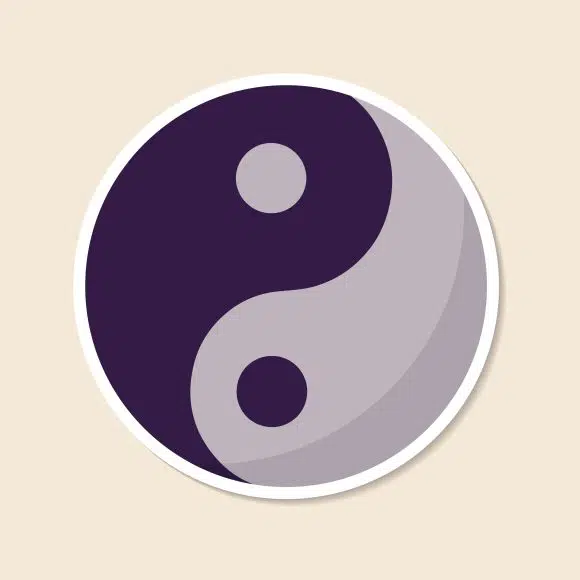Over the years I’ve been in conversation with patients about “this or that” health condition. I’m always surprised when I hear people say, “ “I’ve already seen my doctor for it.” Oftentimes people will follow this line up with something like, “There’s nothing else I can do.”
I beg to differ.
No, not all illnesses are cured by integrative medicine. I’m not here to convince you to get acupuncture for everything. Neither Eastern or Western medicine can cure all ailments.
When you visit an acupuncturist, you are meeting with a specialist who views the body in a holistic manner and also incudes nutrition, diet and herbs in their consultation. During grad school for acupuncture, we spent many hours learning about diet and lifestyle. We spent more than 1,000 hours learning the acupuncture points and how to find them on varying body types. We also learn about Chinese herbal medicine. I truly loved those classes because they offered a great review of diagnosis. With all herbal medicine, the key to its effectiveness is first ascertaining the correct diagnosis.
If you are treating someone who has “liver qi stagnation”, for example, they will respond wonderfully to herbs. But this is not true if you’re using herbs that support “kidney yin” tonification. In fact, those herbs could exacerbate that condition. This is one of the reasons why it’s so important to see a specialist when it comes to taking any form of herbal medicine.
For those who have not seen an acupuncturist, you can now be assured what sort of expertise you are in for. The initial appointment starts with a very thorough intake. Again, this is much different from a Western medical intake because although you may be coming in for constipation, I will also ask about your sleep, your job, your emotions, etc. This is because I know that digestive health does not live in a bubble. It is impacted by all the systems of the body and may or may not be the primary source of imbalance. So, it’s through a very thorough line of questioning that I can find what is the chief imbalance in the body.
Next, I confirm my initial thoughts of diagnosis by feeling your pulse and looking at your tongue. When I feel the pulse I am not counting the rate, but rather feeling for the quality of the pulse. The pulse gives me a sense of how the blood is going through all of the vessels in your body. Is the blood flow even or does it have a tension or weakness to it? In addition, there are three separate parts of the pulse that I am feeling for on each side.
Each one has three depths, for a total of nine pulse positions on each wrist. To say the least, pulse diagnosis is highly complicated and remarkably accurate.
Next, I ask you to stick out your tongue for a moment. I look at the shape of the tongue, the color, the coating, and see if it’s scalloped and if it’s peeled. The tongue is a geographical map of the internal landscape of the body. It’s quite amazing and gives me great insight.
At the end of the session, based on what I see is going on with YOU specifically, I’ll give you a series of recommendations. This may include anything from Chinese herbs, diet changes and supplements to certain exercises and meditations. (In fact, over the years I’ve created a meditation series based on dealing with the struggles of my patients to support them in moving through those tough times.) This thorough set of recommendations matches the thorough intake.
Remember, just because one professional may not think there’s any solution for your health challenges, that doesn’t mean there isn’t another alternative!


Leave a Reply